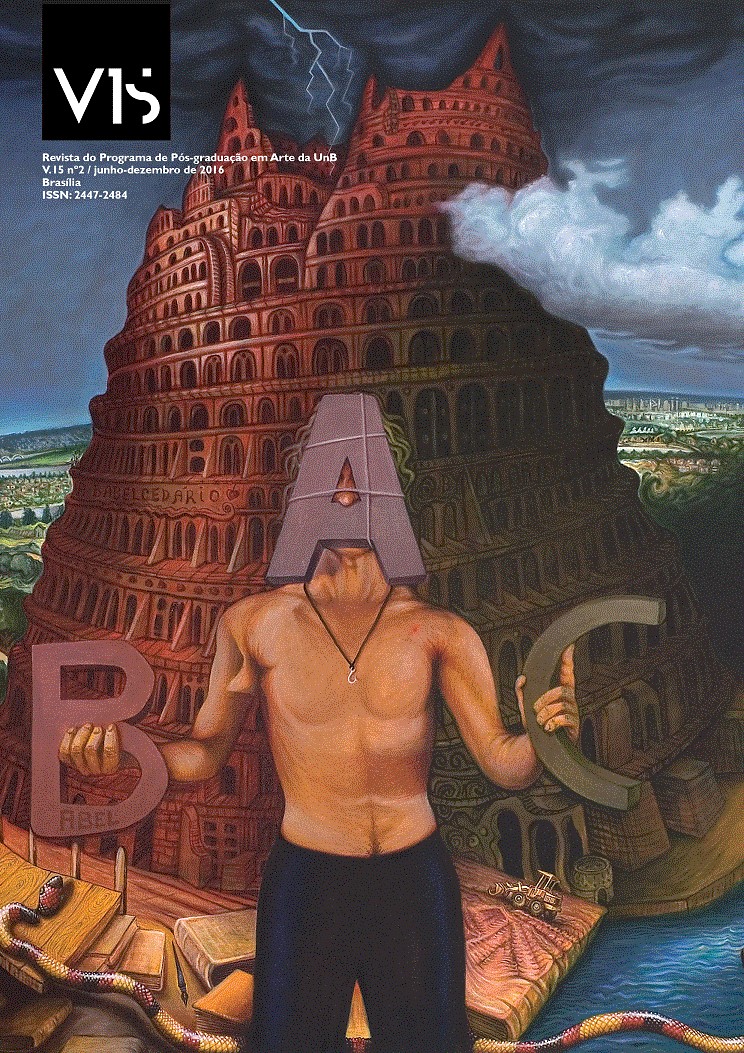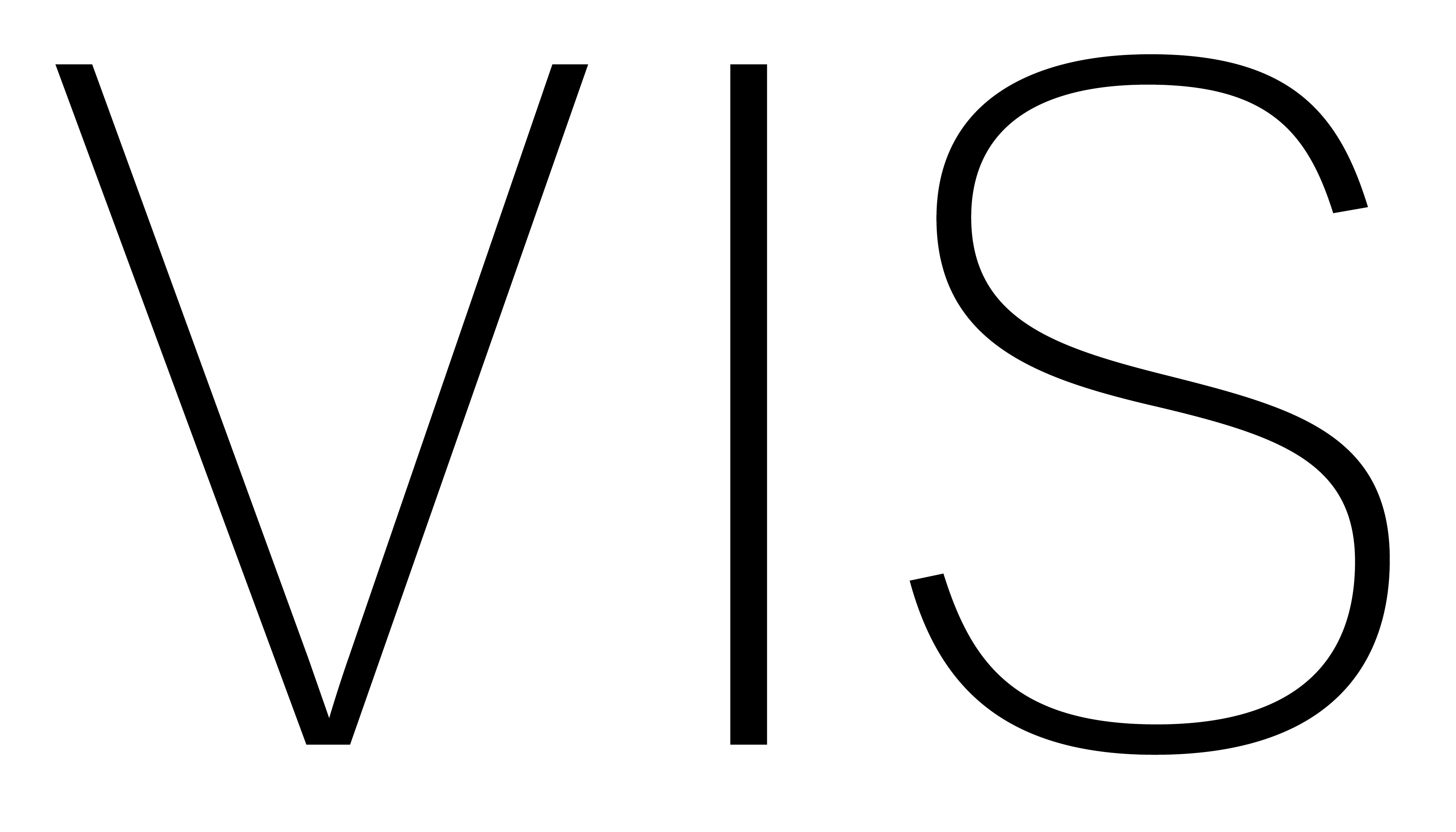Instrumentos e estratégias de avaliação para a mediação cultural
DOI:
https://doi.org/10.26512/vis.v15i2.20199Keywords:
Learning department. Evaluation. Art museums. Tools. Reflection.Abstract
This text reflects on ways to evaluate the educational work that museums develop with their audiences. Contemporaneously, in response to cultural mediation precepts that have been employed in museums, proposals for evaluation are identified as reflections on the processes, using different instruments to assess their relationship with visitors, including: questionnaires, interviews, observations and conceptual or sense maps. The combination and association of these tools are used by different models that will be discussed throughout the text: Generic Learning Outcomes, Assessment for Learning, Personal Meaning Maps and Contemporary Gallery Education. The analysis of each of the models is carried out with practical examples, identifying important aspects to building assessment strategies for cultural mediation.
Downloads
References
BINKS, George; UZZELL, David. Monitoring and evaluation: the techniques. In: HOOPER-GREENHILL, Eilean. (org.). The educational role of the museums. Leicester: Routledge, 1999.
BLACK, Paul; WILLIAM, Dylan. Assessment and classroom learning. Assessment in education: Principles, policy & practice, v. 5, n. 1, p. 7”“74, 1998.
BULL, Phil. A begginer’s guide of museum evaluation. In: HOOPER-GREENHILL, Eilean. (org.). The educational role of the museums. Leicester: Routledge, 1999.
CUTLER, Nancy. Evaluation. In: JOHNSON, A. et al. (orgs.). The museum educator’s manual - Educators share sucessfull techniques. Lanham: AltaMira Press, 2009.
ECONOMOU, Maria. Evaluation strategies in the cultural sector: the case of the Kelvingrove Museum and Art Gallery on Glasgow. Journal Museum and Society, v. 2, n. 1, p. 30”“46, 2004.
FALK, John; MOUSSOURI, Theano; COULSON, Douglas. The effect of visitors’ agendas on museum learning. Curator: The Museum Journal, v. 41, n. 2, p. 107”“120, 1998.
FRÓIS, João Pedro. Os Museus de Arte e a Educação: Discursos e Práticas Contemporâneas. 2008.
FUCHS, Jenna. “Generic Learning Outcomes” as a strategic tool for evaluation learning impact. ICOM-CECA Viena Austria 2007. Disponível em: <http://www.jennifuchs.com/sites/default/files/2007-08%20ICOM-CECA%20Research%20Paper%20-%20BTPW%20(J%20Fuchs).pdf>. Acesso em: 6 ago. 2015.
HEIN, George. Evaluation of museum programs and exhibits. In: HOOPERGREENHILL, Eilean. (org.). The educational role of the museums. Leicester: Routledge, 1999.
HOOPER-GREENHILL, Eilean. Museum and their visitors. Leicester: Routledge, 1994.
HOOPER-GREENHILL, Eilean. Museum and Education: Purpose, pedagogy, performance. Leicester: Routledge, 2007.
JONES, Penny; ANSON, Libby; HITCHINS, Alex. (orgs.). Watch this space - Toolkit. Londres: Engage in the visual arts, 2008.
McGREGOR, Sheila. Are we talking the same language? Approaches to assessment in schools and gallery education. In: JONES, Penny; DALY, Eileen. (orgs.). Watch This Space: Galleries and schools in partnership. Londres: Engage in the visual arts, 2008.
PEKARIK, Andrew J. From knowing to not knowing: moving beyond “outcomes”. Curator: The Museum Journal, v. 53, n. 1, p. 105”“115, 2010.
PINTO, Julia Rocha. Processos avaliativos em mediação cultural: a postura reflexiva das ações educativas. Dissertação (Mestrado em Artes e Educação). São Paulo:
Universidade Estadual Paulista - UNESP, 2012.
PINTO, Julia Rocha. Reflexões sobre o meio: O espaço entre a Escola e o Museu de Arte Contemporânea. Tese (Doutorado em Educação Artística). Porto: Universidade do Porto, 2015.
PRINGLE, Emily. Learning in the gallery: context, process, outcomes. Londres: Engage in the visual arts, 2006.
RANCIÈRE, Jacques. O mestre ignorante. Belo Horizonte: Autêntica, 2002.




